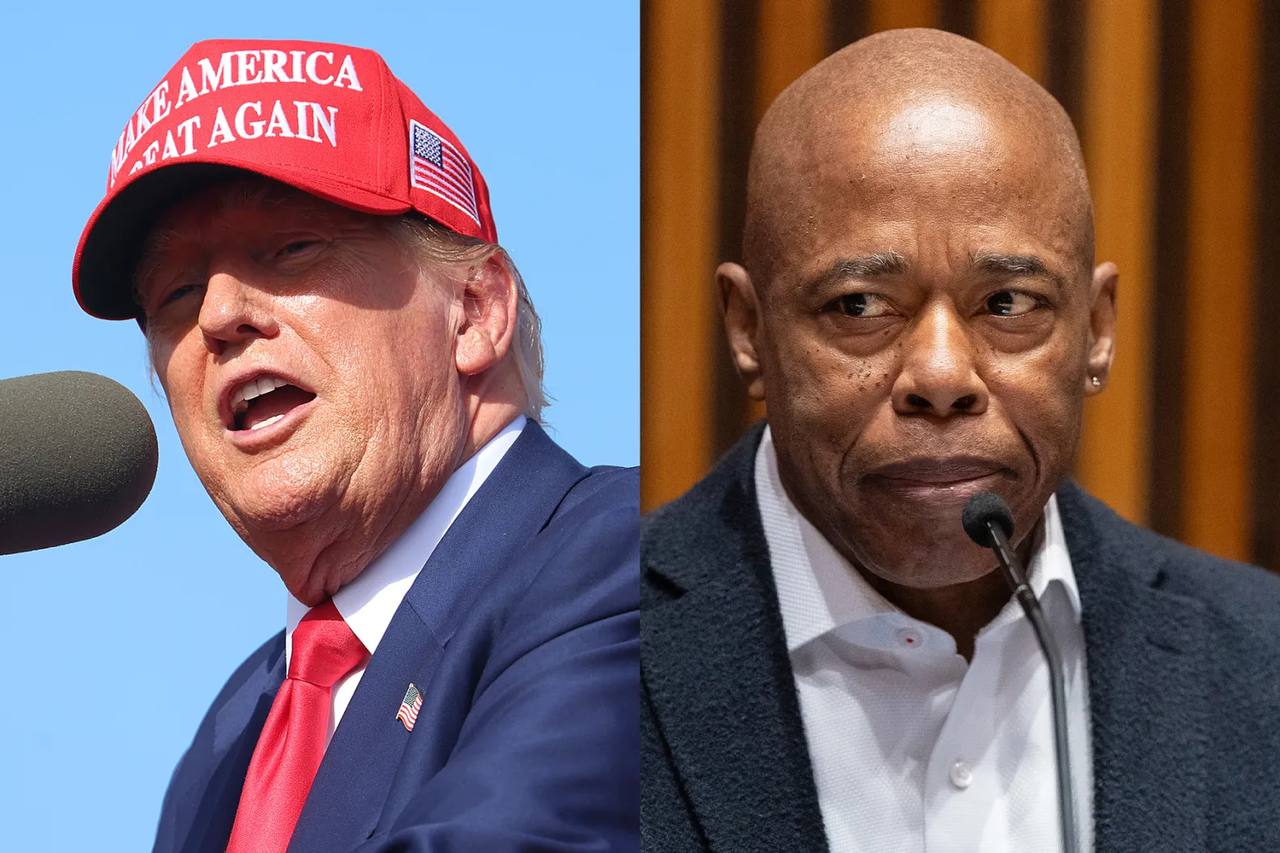How a Democratic New York Mayor Became an Unlikely Tool for Trump’s Constitutional Overhaul
Published on March 3, 2025 | By Arsenii Glazunov

As the race for the mayoral election in New York heats up, what would ordinarily be a routine Democratic primary process to determine the party’s nominee is increasingly making headlines. At the centre of this is scandal-ridden incumbent mayor Eric Adams, whose past year has been marked by various controversies.
But let’s first rewind to September 2024. Federal prosecutors filed a 57-page motion accusing New York’s mayor of widespread corruption, most notably accepting bribes and illegal campaign donations from Turkish officials and businesspeople during his tenure as Brooklyn Borough President and as mayor. Prosecutors further alleged that Adams attempted to cover up these activities using encrypted communications and falsified records.
Adams has remained steadfast in denying all allegations, insisting on his innocence. Furthermore, he has been vocal about his desire to seek re-election. Despite being denied official public matching funds, he has vowed to continue his campaign.
In a fortunate turn for Adams, he appears to have received help from the highest office in the land—the President, Donald Trump. After signing off on numerous Executive Orders of questionable legality, Trump now seems to be turning his attention to the Department of Justice (DoJ).
On 10th February 2025, Trump instructed federal judges to drop the case against Adams. The official White House statement claimed the President was concerned about the extent to which intense media coverage had negatively affected the case. However, as always with Trump, his support does not come for free.
In this instance, the quid pro quo suggests that Adams would assist the White House in its push for a much stricter immigration policy. Emil Bove, the senior Justice Department official who advocated for the case’s dismissal, stated: “The pending prosecution has unduly restricted Mayor Adams’ ability to devote full attention and resources to tackling illegal immigration and violent crime, both of which escalated under the policies of the previous administration.”
The likelihood of Adams complying with this expectation is fairly high. Beyond the obvious relief of avoiding a highly probable prison sentence, he may not be ideologically opposed to Trump’s immigration policies. Adams has long maintained ties with the Republican Party, having been a member until 2002 when he switched allegiance to the Democrats to improve his electoral prospects in the liberal stronghold of New York. Even if neither gratitude nor ideological alignment compels him, the looming threat of the case being reopened—importantly, Trump’s officials made sure to keep this as an option—may be enough to steer him in the direction the Republican administration desires.
And so, Trump’s constitutional overhaul marches on. This blatant weaponization of the Justice Department has sparked predictable outrage, not only from within the Department itself but even from Adams’ own administration. For example, acting U.S. attorney in Manhattan, Danielle Sassoon, resigned rather than comply with the order to drop the case, while four deputy mayors in New York have also stepped down in protest.
The broader issue here is perhaps the absence of any significant opposition from the Democratic Party. While it is natural for a party recovering from a crucial electoral defeat to take time to regroup, the extent of this delay is verging on negligence. More concerning still, it threatens the foundations of American democracy, as the Executive Branch continues its overt overreach unchecked.